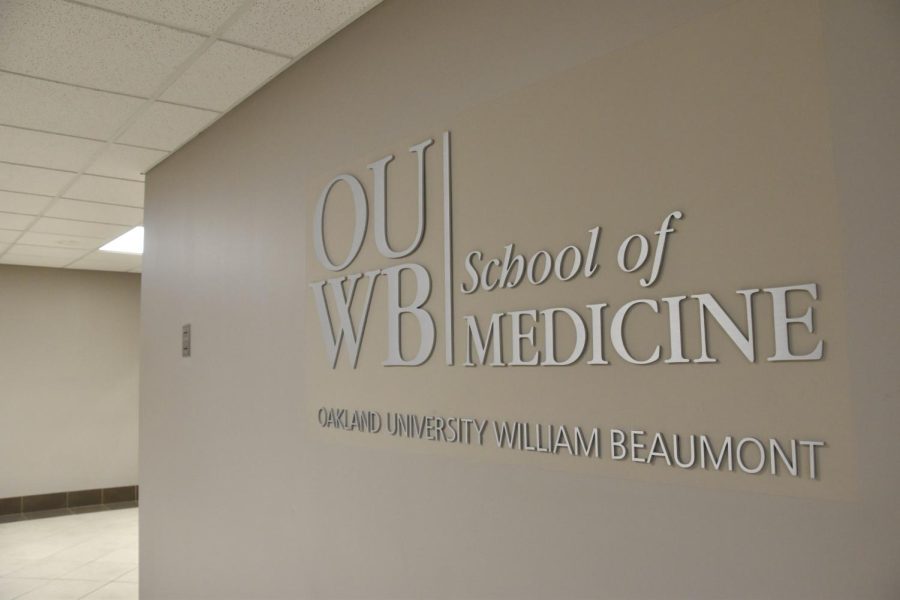OU professors form surgical simulation fellowship with Beaumont
There is now a new simulation fellowship program for fourth year residents.
Professors from the Oakland University William Beaumont School of Medicine (OUWB) have partnered with Beaumont Health to provide a new simulation fellowship program for resident students in their fourth year. The simulation fellowship, located in the Applebaum Simulation Learning Institute at Beaumont Health Royal Oak, seeks to train future surgical educators.
According to the Beaumont Health website, “The goal of the fellowship is to train and produce individuals with the necessary knowledge, skills, and behaviors to conduct independent simulation-based research and education as part of an academic career and leadership role in Surgical Education.”
While in the program, student fellows will “engage with a wide range of learners, including medical students to senior residents from multiple specialties. The fellow will be involved in the development of curricula and medical education as well as the implementation of existing simulation-based education. Fellows will also be active in research within the discipline of simulation and medical education and will be expected to work on ongoing projects and develop existing ones.”
Ngan Nguyen, co-director of the fellowship program and assistant professor in the Department of Foundational Medical Studies and Department of Surgery, was inspired to start the fellowship after having completed a similar program back in 2014.
With the help of Beaumont’s leadership and OUWB professor Stephan Sharf, the fellowship was able to swiftly gain accreditation within six months of its founding. The program is one of only twenty to become accredited by the American College of Surgeons Accredited Education Institutes.
Nguyen explained the simulation program will be beneficial to future healthcare providers as it increases the number of available training opportunities and provides standardized training.
According to a report done by the Imperial College of London, “Simulators can provide a safe and standardized method for training in surgery without the risks that come with operating on real patients. Such experiences can be realistic, highly engaging, and immersive, such that users forget they are in a simulation. Here, the acquisition of competency in procedural skills occurs hand in hand with team building and communication skills within an educationally focused environment.”
Being able to perform surgeries safely and efficiently is a must for future residents and being in an immersive professional environment is invaluable.
Nguyen said it made sense for Beaumont and the OUWB to bring the program to fruition, as simulations are becoming more prevalent in the education of healthcare providers, but also because the two organizations have collaborated in the past. Recently, a joint research collaboration between OU and Beaumont published a study that could provide insight into more effective treatments for lung cancer patients.
Dr. Tyler Parsons, a former Ph.D. student, talked about the value of their partnership saying, “the collaboration between OU and Beaumont was pivotal and allowed us access to resources to complete a study of this capacity. The research went on to be the bulk of my dissertation.” The partnership will bring new opportunities and resources to OU student fellows.







